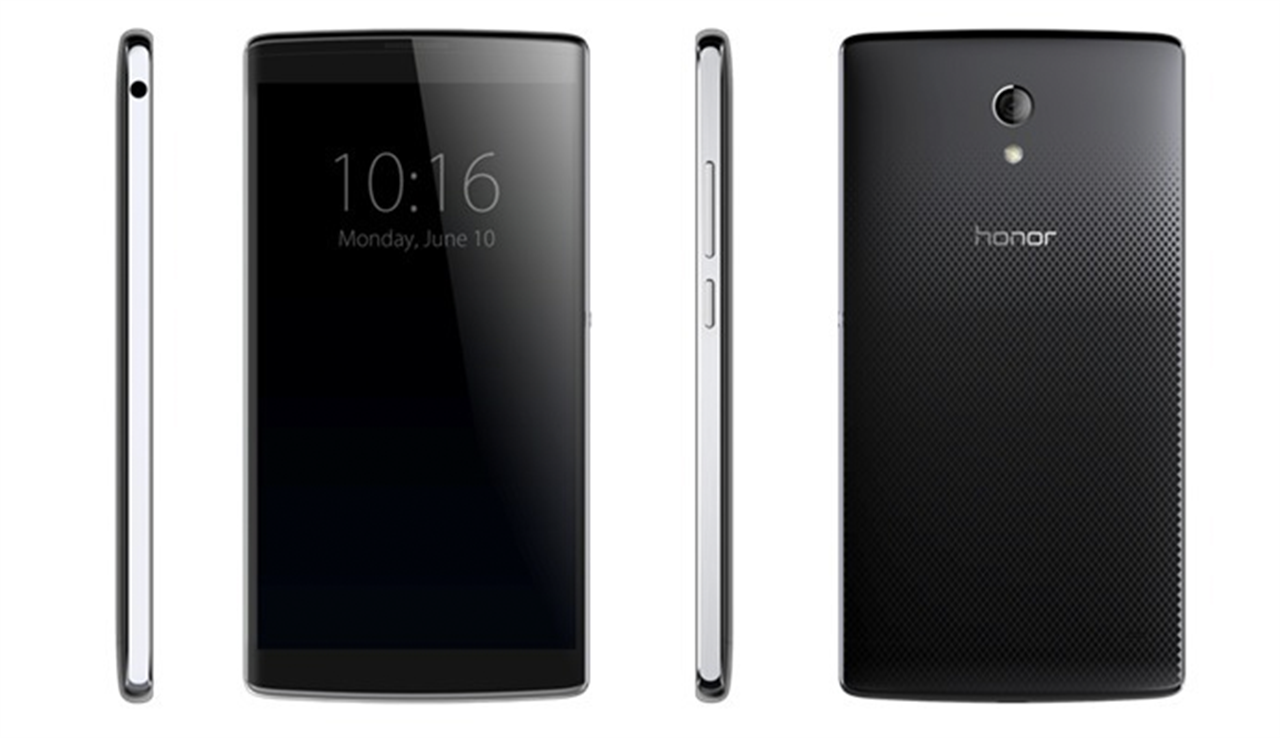Higher-End Smartphones Boost Huawei's Revenue By 20 Percent
According to Huawei CFO Cathy Meng at a conference in Beijing today, the company's revenue increased by 20 percent in 2014 to $46.3 billion, up from the $38.6 billion it gained in 2013. Huawei also saw an 18 percent increase in operating profit, from $4.6 billion to $5.5 billion.
The increased revenue and profits as well as a 32 percent increase in Huawei's consumer business is due to the increasing popularity of the company's higher-end smartphones, according to Meng. Huawei's mobile business wasn't the only one that did well last year, though, as the company's cloud business also experienced an increase of 27 percent in revenue. The company hopes to achieve $70 billion in sales by 2018.
“Huawei's consumer business has done a good job." Meng said. "Our global brand awareness increased remarkably."
Huawei is currently ranked 5th in global smartphone sales with 5.1 percent of the market, according to Strategy Analytics. It's only surpassed by Samsung, Apple, Xiaomi and LG. Although Huawei has been able to remain at roughly the same ranking over the years, and it has even seen some growth in terms of mobile revenue thanks to the sales boom in the smartphone market, a local competitor such as Xiaomi has managed to surpass it in global sales in only a couple of years. Lenovo, the current PC market leader, is also trying to become more aggressive in the mobile market, both at home and abroad, with its new Motorola division.
While the Huawei brand is a much more known brand in the Western markets than Xiaomi, it has also been tainted recently by accusations of using backdoors in its networking equipment and devices. The U.S. government, and other countries, have even blocked some of Huawei's contracts with local wireless carriers because of it.
Huawei has denied the accusations, but it's not going to be easy for the company to overcome, especially when China is known to want to build surveillance tools into all of its locally-made (and sometimes even foreign-made) devices or software tools. However, if Huawei is willing to show a higher level of transparency compared to its competitors, just to prove that its devices are "clean," then it shouldn't have too much trouble continuing to grow on the global market.
Follow us @tomshardware, on Facebook and on Google+.
Get Tom's Hardware's best news and in-depth reviews, straight to your inbox.
Lucian Armasu is a Contributing Writer for Tom's Hardware US. He covers software news and the issues surrounding privacy and security.
